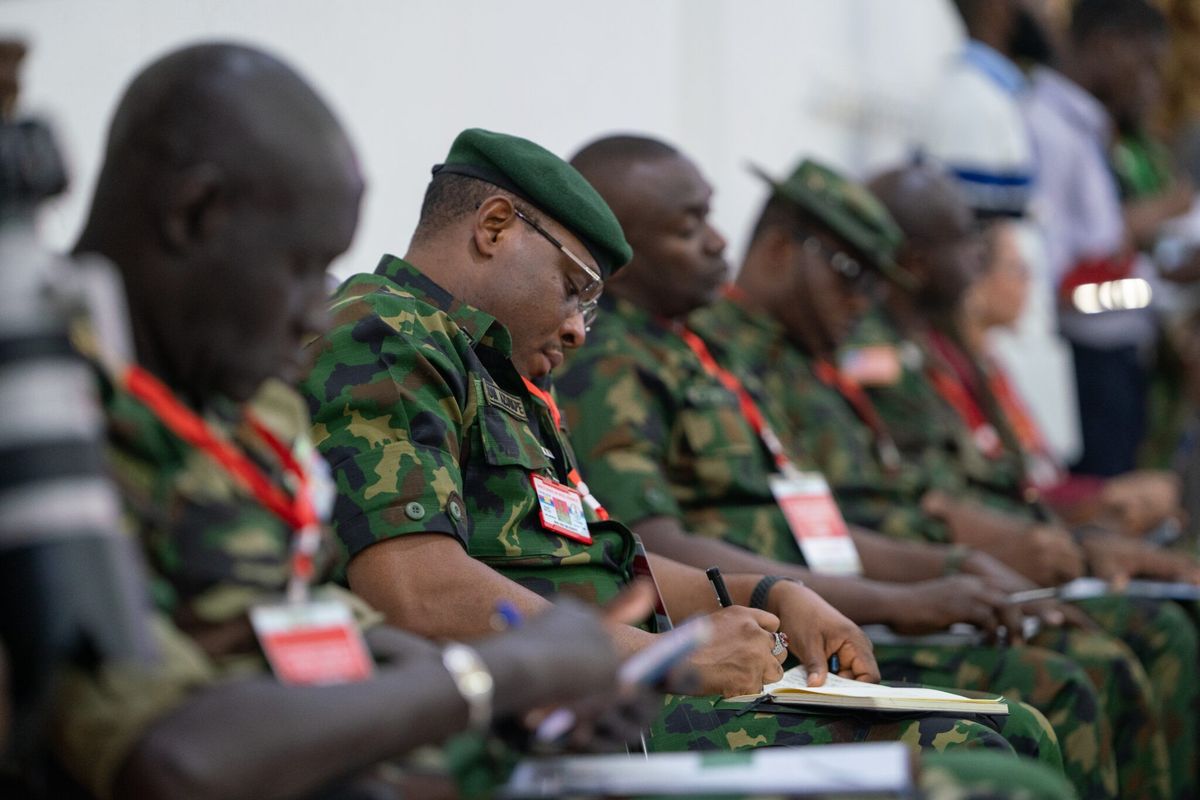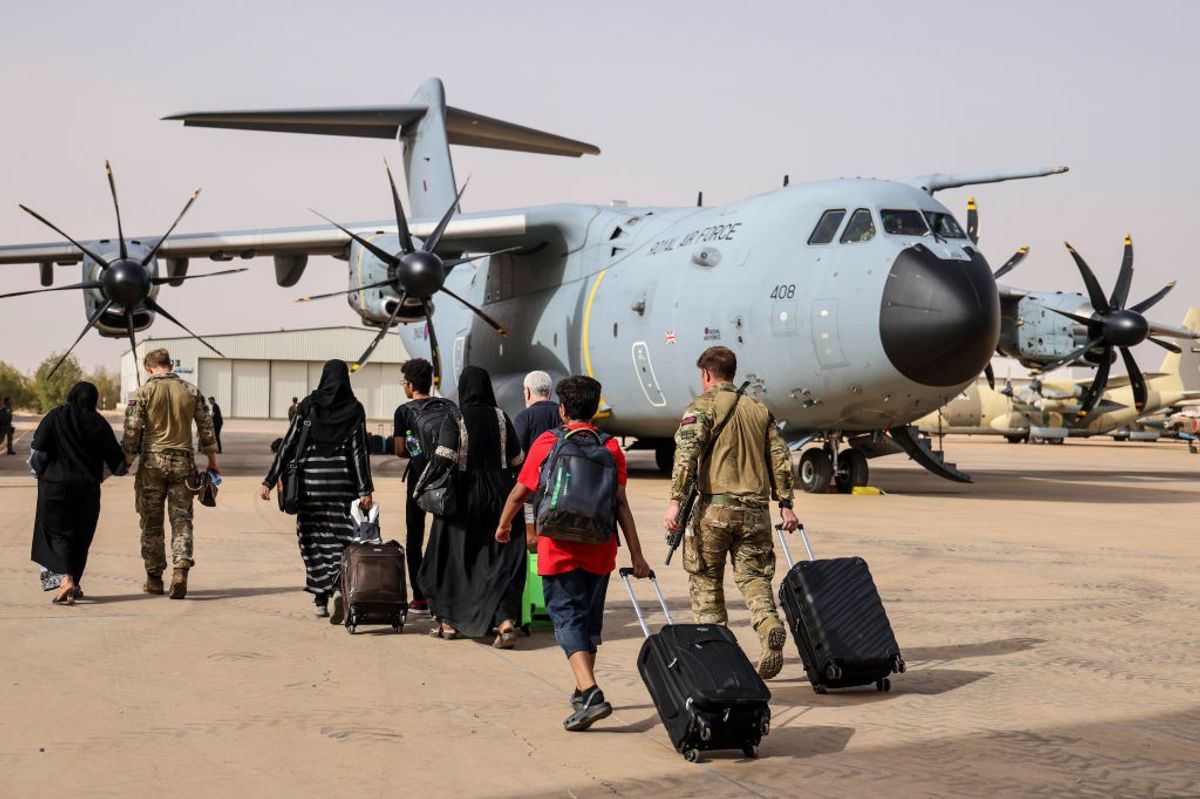Late on Sunday, Bruno Tshibala, the Deputy Secretary and spokesman of the Democratic Republic of the Congo (DRC)’s largest opposition party, the Union for Democracy and Social Progress (UDPS), was arrested for his alleged role in violent anti-government protests that rocked the capital city of Kinshasa in mid-September. The protests, which began after the announcement that President Joseph Kabila would overstay his constitutionally mandated two terms, turned violent, with more than 50 killed, and underscore a long-time struggle for democracy in the DRC.
Joseph Kabila assumed the presidency in 2001 following the assassination of his father, Laurent-Désiré Kabila, who orchestrated the coup of dictator Mobutu Seso Seko in 1997. In the DRC’s first election under a new constitution in 2006, Kabila won 58 percent of the vote amidst allegations of electoral fraud. After five years of consolidating power and rejiggering the country’s electoral process, a second election in 2011, in which Kabila once again emerged victorious, was even more suspect. According to Joseph Siegle, the Director of Research at the National Defense University’s Africa Center for Strategic Studies, Kabila’s efforts have been “a determined effort to control every step of the electoral process.” The recent announcement that the October elections will be delayed until 2018 is his most brazen step yet in his quest to remain in power beyond his constitutionally imposed term-limit that expires on December 19.
The official explanation released by the DRC’s electoral commission for the delay is that the government needs until July 31, 2017 to update voter registries and then an additional 504 days to organize the elections after that. This announcement follows a DRC Supreme Court decision in May of this year that determined Kabila could remain as interim president in the event of a delay. It would seem Kabila had planned for “electoral delays” well in advance.
These moves have drawn the ire of the opposition parties, but their efforts to resist Kabila’s power consolidation have been ineffective. “There have been attempts at forming coalitions against Kabila in the past, but they were not successful in the 2006 or 2011 elections,” explains John Siko, Cipher Brief expert and the Head of Business Intelligence for Africa at the Risk Advisory Group. “It’s been a very popular strategy for Kabila to divide and conquer,” he continues. “I don’t see anyone who is really jumping out as the frontrunner against Kabila.”
The leader of the largest opposition party, Etienne Tshisekedi, has called for renewed dialogue and protests to begin October 19 if there is no progress towards a fair election. Tshisekedi warned: "On October 19th, we will give him a yellow card – a yellow card signifying that December 19th will be the red card." If Kabila remains in power beyond his mandate, and every indication shows he will, it appears the country is in for greater turmoil.
The international community has responded by seeking sanctions against top officials. The U.S. sanctioned two members of Kabila’s inner circle who were responsible for the violent crackdown against protestors. Any assets they have in the U.S. are frozen, and any American firms or individuals are barred from doing business with them. France is leading the charge for additional measures by calling on the EU to use “all means at its disposal” to punish Kabila and other responsible parties for withholding a free and fair election.
Amidst the political conflict that threatens the DRC’s stability there is also an ongoing armed conflict between military forces and several armed militia groups in the eastern region of the country. On Monday, eight civilians were killed during a shoot-out between government forces and a group known as the Allied Democratic Forces (ADF). The Kabila government has made attempts to stop the ADF and other armed groups, but the difficulty of securing the remote eastern border makes it a transnational problem shared by the DRC and its neighbors that cannot be solved with weak governance.
Since gaining independence from Belgium in 1960, the DRC has never known a peaceful leadership transition. Despite the efforts of vocal opposition parties, a robust democracy has yet to flourish. When Kabila has such a systematic hold on the government and electoral process, it is unclear how the opposition can turn the country towards free and open democracy. Meanwhile the ongoing struggle against the militant groups place civilians in the crossfire and risks destabilizing the government. As with other electoral disputes on the continent, the international community has been willing to only apply limited pressure, and there is no indication the situation in the Congo will be any different.
Will Edwards is an international producer at The Cipher Brief.













